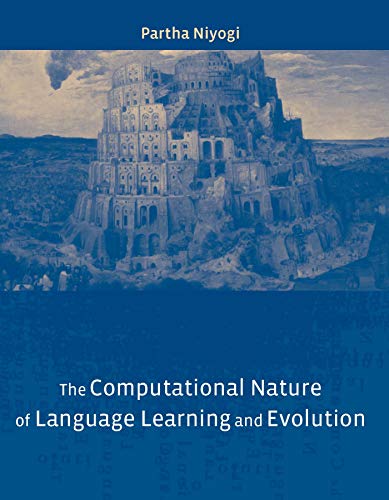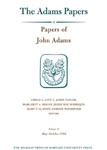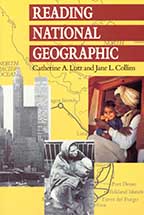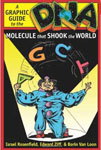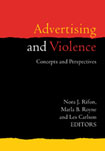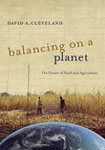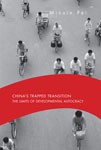Book Details

Negotiating Languages : Urdu, Hindi, and the Definition of Modern South Asia
Following this phenomenon from the late seventeenth century to the present, Negotiating Languages casts lexicographers as key figures in the political realignment of South Asia under British rule and in the years after independence. Their dictionaries document how a single, mutually intelligible language evolved into two competing registers—Urdu and Hindi—and became associated with contrasting religious and nationalist goals. Each chapter in this volume focuses on a key lexicographical work and its fateful political consequences. Recovering texts by overlooked and even denigrated authors, Negotiating Languages provides insight into the forces that turned intimate speech into a potent nationalist politics, intensifying the passions that partitioned the Indian subcontinent.
Acknowledgments
Note on Transliteration
Chronology
1. A Plot Discovered
2. 1700: Between Microhistory and Macrostructures
3. 1800: Through the Veil of Poetry
4. 1900: Lexicography and the Self
5. 1900: Grasping at Straws
Conclusion
Notes
Bibliography
Index
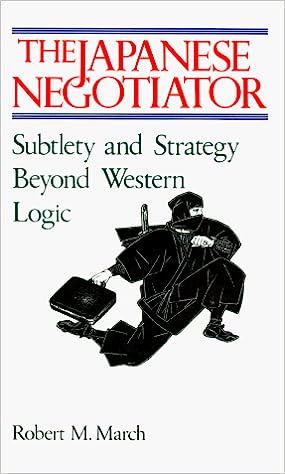
The Japanese Negotiator : Subtlety and Strategy Beyond Western Logic
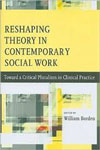
Reshaping Theory in Contemporary Social Work : Toward a Critical Pluralism in Clinical Practice
Popular Picks on the Month





